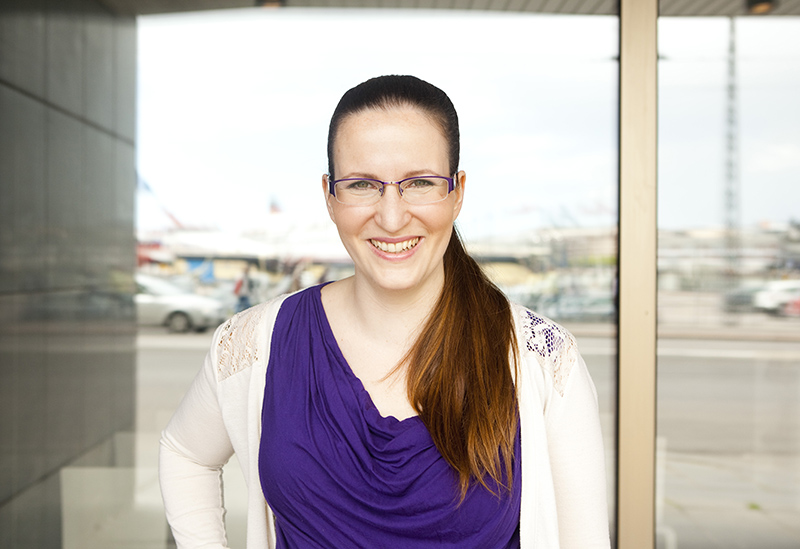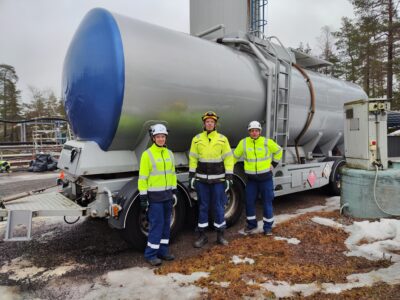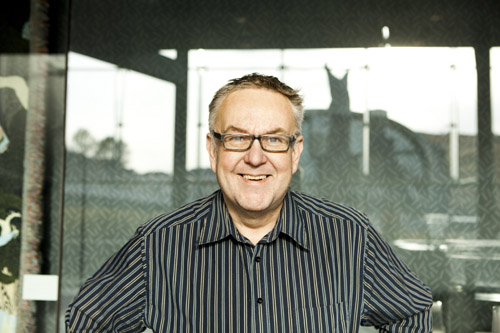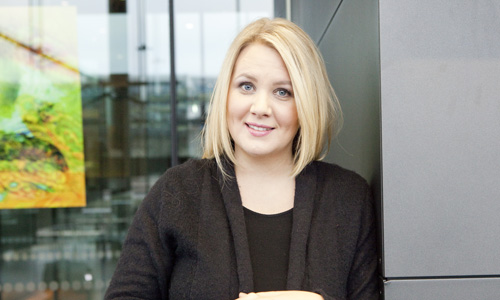Heidi Virtanen: Unleashing the benefits of research results

Heidi Virtanen is looking for ways to turn findings by medical and bioscientific researchers more effectively into new treatments and pharmaceutical products.
Because Heidi Virtanen wanted to understand life and nature, she applied to become a student of biochemistry in the University of Helsinki. Her minor subjects were chemistry and genetics. After graduation, she proceeded to the Institute of Biotechnology to study the growth of nerve cells, the subject on which she later completed her doctoral thesis.
“It was basic research that can be applied in, for example, looking for improved ways to treat and prevent Parkinson’s disease and other conditions that impair the nervous system,” Virtanen says.
For the last few years, Virtanen has worked as a senior researcher and project coordinator in the Institute for Molecular Medicine Finland. In another project coordinated by her, the objective is to develop a service platform for chemical biology research that researchers all over Europe can use for purposes such as drug screening and development.
Yet another project is Digital Health Revolution pilot study. Its purpose is to promote ways through which people can get improved information on their health that could assist them in preventing diseases. Both the projects fall within the scope of translational research, designed to enable findings from medical and bioscientific research to be quickly turned into new treatments and pharmaceutical products.
Heidi Virtanen’s both parents are scientists, and her entire family is strongly associated with science. Actually, her grand-grandfather was A.I. Virtanen, the 1945 Nobel laureate in chemistry.
“I’m very proud of his achievements, but they have not really impacted my choices. The family stories about him were mostly about grandfather Artturi who grew maize in his farm in Sipoo. His scientific career was not so much talked about in the family.”
Text by: Matti Remes
Photo by: Sini Pennanen



